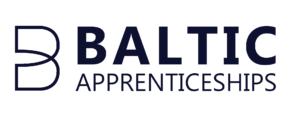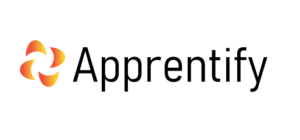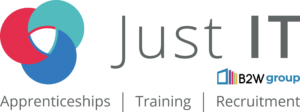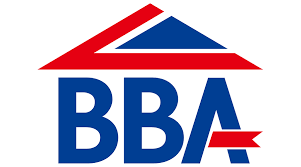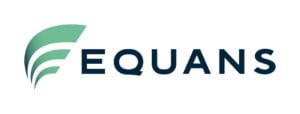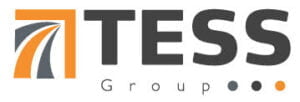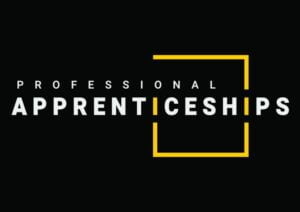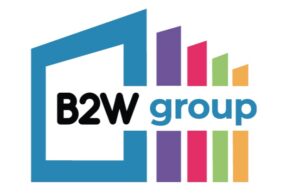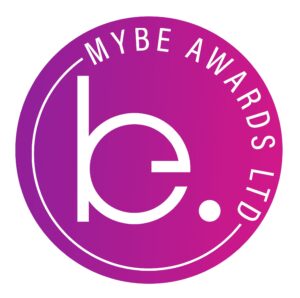How do training providers support apprentice wellbeing?
Good mental health and wellbeing is paramount. For training providers, it has enormous benefits in terms of keeping apprentices focused and engaged, and staying on programme to complete their apprenticeship. With every provider developing their own initiatives, there’s limited visibility of what this support looks like across apprenticeships.
We asked 46 apprenticeship training providers what they do to support the wellbeing of their apprentices. We’ll share what they told us, and how you can adapt the findings to support your own apprentices.
Training providers’ most common wellbeing initiatives:
– Embed wellbeing in the curriculum. This was one of the most popular answers – wellbeing shouldn’t be a one-off, it should be considered at every stage of the apprenticeship. We found that this is done in a multitude of ways, with the underlying message being that apprentices should feel supported throughout their apprenticeship.
– Engage employers. Share the benefits of promoting good mental health and wellbeing, such as the impact it can have on engagement and productivity. Gaining the support of line managers means they can also support apprentices.
– Share valuable resources. This includes EPA guidance, access to employability services, mindfulness resources, and Equity, Diversity & Inclusion (ED&I) resources. Providers make good use of other organisations offering resources, such as the 1st for EPA Apprentice Wellbeing Hub, the Association of Apprentices, and LSF Funding. Providers told us they have wellbeing resources available in multiple formats, including written guidance, video, interactive learning modules, and wellbeing apps.
– Invest in their own dedicated resources for all apprentices to benefit from. These include:
- Mental health awareness courses
- Workshops and short courses
- Pastoral support
- Mindfulness sessions
- Behavioural development programmes
- Specialist support for apprentices with learning difficulties
- A wider learning and mental health support package
– Make it clear what reasonable adjustments are, who they are for, and how to access them.
– Having dedicated people offering one to one support, including:
- Wellbeing champions – who are widely identified and easy to contact
- A ‘freedom to speak up’ guardian
- Buddy system and mentors
- Mental Health First Aiders
These people offer a range of support, including welfare checks and regular checks ins with every apprentice.
– Embed wellbeing, ED&I, and safeguarding into every progress review.
How could you use this information?
You can see that throughout the range of ideas to support apprentice wellbeing, there are common methods and aims. Here’s how you can make use of the insights.
- Review and research. What support do you currently offer? Open up discussions with apprentices to identify what challenges they face and what extra support would be valuable to them. Speak to colleagues in the industry and see how they have tackled the challenges identified.
- Analyse your own non-completion data. What reasons have prevented completions historically? What proportion could have been prevented with better pastoral support? From a business point of view, what was the cost of these non completions? This may help you weigh up the cost of investing in wellbeing initiatives.
- Discuss this topic with your team, especially those who are in direct contact with apprentices. Front line staff will often have insights that management doesn’t, and their contributions will be invaluable.
- Use your research to evaluate whether to implement some of the above initiatives – or tailor your own to best support your apprentices. Consider how these could be embedded in the curriculum.
- As with any project, continuously monitor and review to identify where improvements can be made.
Further reading
Employers and Providers: Supporting apprentice wellbeing
Employer Quick Guide: Recognising signs of stress in apprentices
Employers: Creating an inclusive workplace
Data was collected at the Apprenticeship Conference, Feb 2023, by 1st for EPA.





